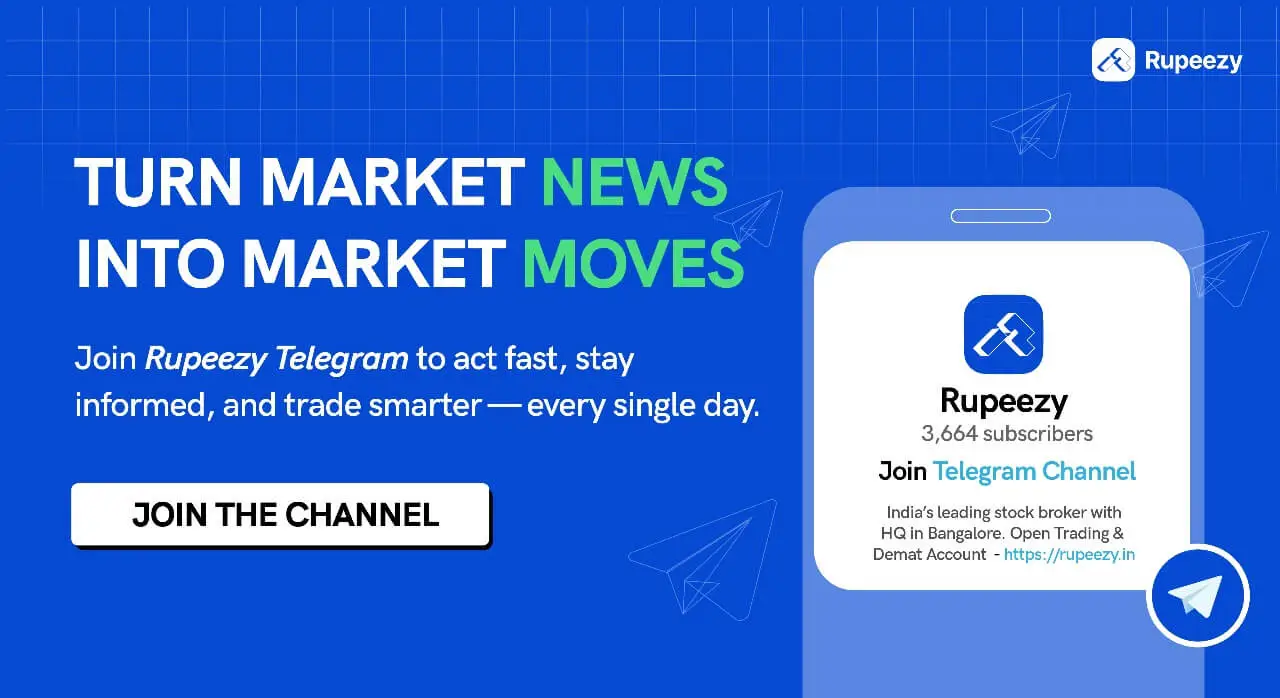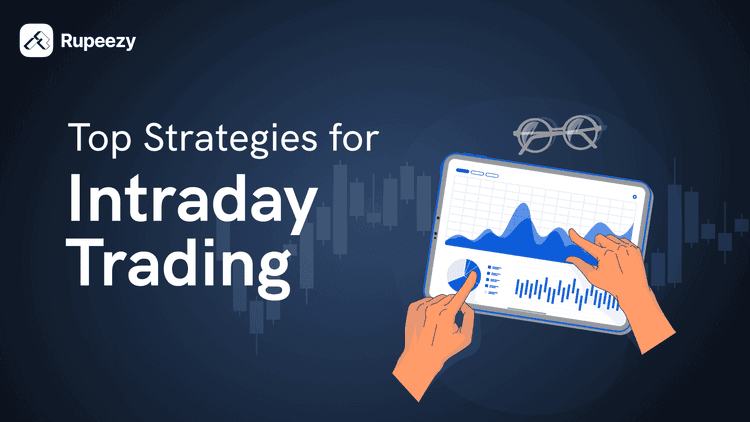Get to Know the Essential Trading Terminal Terms Every Trader Should Know


00:00 / 00:00
It’s great that you’ve officially decided to invest in the stock market. Definitions matter a lot, especially in a fast-paced game like the stock market with so many delicate nuances.
Some traders are well-versed in stock trading terminologies, while others may not understand how the stock market operates.
What Are the Benefits of Learning Trading Terms?
These trading phrases will serve as a guide for your wealth-building quest. Not only will it assist you to enhance your vocabulary.
But it will also aid you in better understanding the stock markets. Knowing this fundamental terminology will help you make prudent trading selections.
Essential Trading Terms: A Master List
- All-Time High (ATH): It refers to an asset’s greatest price (or market cap) since its initial public offering (IPO). The ATH is frequently mentioned in financial assets since it demonstrates the asset’s theoretical potential.
- Ask Price: The price at which a seller is willing to sell a certain share is known as the Ask Price. It’s also referred to as the “offer price.”
- Bid Price: The greatest price a buyer is ready to pay for a specific share is known as the Bid Price.
- Bid-Ask Spread: The spread is the difference between the value at which one is prepared to acquire shares and the price at which they are willing to sell shares.
Source
- BTST (Buy Today, Sell Tomorrow): A BTST transaction is a hybrid of intraday and delivery orders. BTST trading refers to the practice of purchasing shares today and selling them before they are delivered.
- STBT (Sell Today, Buy Tomorrow): It indicates the trader will sell the stock today and repurchase it the next day.
- Lower Circuit: The lower circuit is the lowest price a stock can reach on a particular trading day.
- Upper Circuit: The upper circuit is the maximum price a stock may attain on a given trading day.
- Leverage: Making a transaction or investment with borrowed funds as your primary capital expenditure is known as leverage. This helps you to increase your profits if you make a profitable trade.
- Limit Order: A limit order is a purchase or sale order that specifies a maximum or minimum price to be paid or received (the “limit price”).
- Stop Loss: Stop-loss orders are sometimes called ‘stop orders’ or ‘stop-market orders.’ When an investor places a stop-loss order, the broker/agent is instructed to sell a security if it hits a certain price limit.
Source
- MIS (Margin Intraday Square-off): An intraday order must be closed on the same day it is placed. It is a service that involves taking larger intraday trading positions using shares and cash as margin.
- P&D (Pump & Dump Scheme): Pump-and-dump is a deceptive method in which phoney recommendations are used to inflate the price of a stock or instrument artificially. It is an investment scam in which investors are encouraged to acquire stock in a firm to raise the stock price artificially.
The content on this blog is for educational purposes only and should not be considered investment advice. While we strive for accuracy, some information may contain errors or delays in updates.
Mentions of stocks or investment products are solely for informational purposes and do not constitute recommendations. Investors should conduct their own research before making any decisions.
Investing in financial markets are subject to market risks, and past performance does not guarantee future results. It is advisable to consult a qualified financial professional, review official documents, and verify information independently before making investment decisions.
Open Rupeezy account now. It is free and 100% secure.
Start Stock InvestmentAll Category









